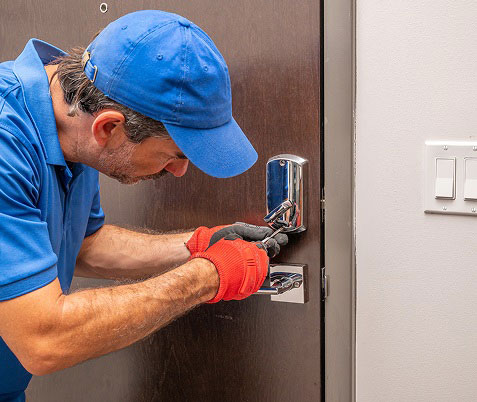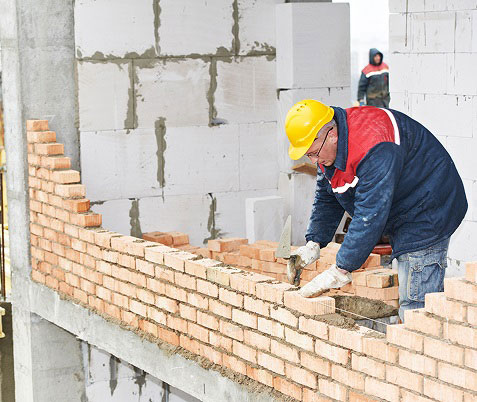As a heating, ventilation, and air conditioning (HVAC) technician, you can expect to earn an average salary of $57,300 per year, with opportunities for growth and specialization. Your day-to-day responsibilities will include installing and maintaining heating and cooling systems, diagnosing problems, and ensuring equipment operates efficiently.
Understanding the Role of a HVAC Technician
Fundamentals of HVAC Systems
Diversity of Work Environments
Essential Skills and Competencies
- Reading Blueprints and Schematics
- Using Diagnostic Tools
- Understanding Mechanical and Electrical Systems
Pathways to Becoming a HVAC Technician
Educational Requirements
- Electrical Systems
- Refrigeration Principles
- HVAC System Design
- Safety Protocols
Apprenticeship Programs
- Work alongside experienced technicians
- Learn to install, maintain, and repair HVAC systems
- Gain practical skills in troubleshooting and diagnostics
- Earn a wage while learning
Certifications and Training
- EPA Section 608 Certification: Required for handling refrigerants
- North American Technician Excellence (NATE) certifications: Industry-recognized credentials demonstrating expertise
- New technologies and energy-efficient systems
- Building codes and regulations
- Safety protocols and best practices
Find Online Heating Cooling Schools
| Quick Facts: Heating, Air Conditioning, and Refrigeration Mechanics and Installers | |
|---|---|
| 2023 Median Pay ?The wage at which half of the workers in the occupation earned more than that amount and half earned less. Median wage data are from the BLS Occupational Employment and Wage Statistics survey. In May 2023, the median annual wage for all workers was $48,060. | $57,300 per year $27.55 per hour |
| Typical Entry-Level Education ?Typical level of education that most workers need to enter this occupation. | Postsecondary nondegree award |
| Work Experience in a Related Occupation ?Work experience that is commonly considered necessary by employers, or is a commonly accepted substitute for more formal types of training or education. | None |
| On-the-job Training ?Additional training needed (postemployment) to attain competency in the skills needed in this occupation. | Long-term on-the-job training |
| Number of Jobs, 2023 ?The employment, or size, of this occupation in 2023, which is the base year of the 2023-33 employment projections. | 441,200 |
| Job Outlook, 2023-33 ?The projected percent change in employment from 2023 to 2033. The average growth rate for all occupations is 4 percent. | 9% (Much faster than average) |
| Employment Change, 2023-33 ?The projected numeric change in employment from 2023 to 2033. | 40,100 |
Career Advancement and Industry Outlook
Job Market Trends
The job outlook for HVAC technicians is positive, with a 9% growth rate from 2023 to 2033 and steady growth projected over the next decade. The Bureau of Labor Statistics predicts an increase in employment opportunities due to factors like climate change and increased construction.
Advancement Opportunities
- Solar Thermal Systems
- Geothermal Heating
- Building Automation
- Commercial Refrigeration
Working Conditions and Daily Activities
Routine Tasks and Responsibilities
Challenges Faced by HVAC Technicians
The job can be physically demanding, often requiring you to lift heavy equipment and work in cramped spaces. You may need to climb ladders or work on rooftops.



